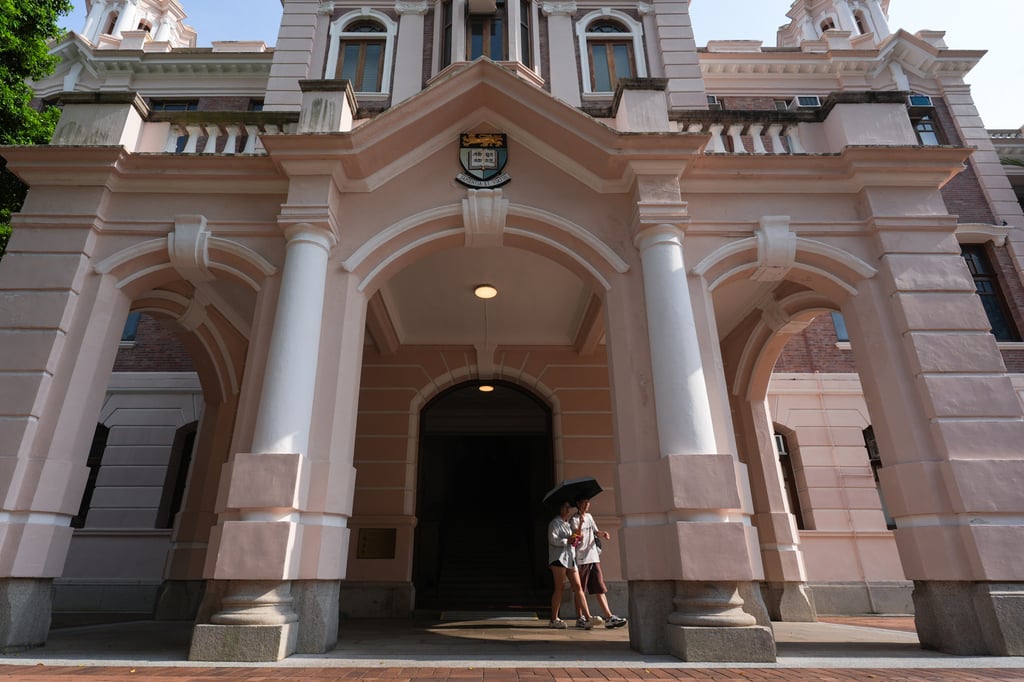Retired Harvard University chemist and nanoscientist Charles Lieber, previously convicted for not disclosing ties to a Chinese talent programme, has confirmed he is exploring work opportunities in mainland China and Hong Kong.
The trade magazine Chemical and Engineering News reported in June that the former chair of the chemistry and chemical biology department at Harvard had filed for permission to travel to Hong Kong to discuss potential employment opportunities at the University of Hong Kong.
In response to queries from the Post, Lieber stated in an email that he was unable to give an interview or respond to specific questions, but shared a few remarks.
“I am currently exploring (this means no decisions have been made on my part) opportunities at several institutions in Hong Kong, mainland China and elsewhere,” Lieber wrote.
“I have not yet visited Hong Kong, but may do so this fall,” he added.
Lieber shared that his main concern when looking at opportunities was finding an institution where he could best conduct research to benefit all, and where he would best be able to aid other researchers in their work. He said factors such as lifestyle were less important in his decision making.
“I am very interested in starting a research group/centre that carries out world-leading research and technology transfer that benefits all people in the world,” Lieber wrote.
“As part of this process, I would also do what I have done very successfully in the past – train and support young scientists and faculty to become leaders in science and technology for the future,” he added.
Lieber, 65, is a leader in the field of nanoscience and a pioneer in the integration of nanotechnology for use in biology and medicine.
He has published over 400 research papers in peer-reviewed journals, is named as the main inventor on over 50 US patents, and has won many awards for his work in chemistry and nanoscience.
Lieber was named the leading chemist in the world from 2000 to 2010 for the cumulative impact and number of citations of his scientific publications, according to a ranking by Thomson Reuters.

Nanoscience, the study and use of molecules and structures at a very small scale, is listed as one of Beijing’s scientific priorities under the “Made in China 2025” development road map, the country’s plan to upgrade its hi-tech industries and reduce reliance on imports.
According to Lieber’s research website, his work includes the synthesis of new nanoscale materials and the integration of nano materials into computing, photonics, bioelectronics and neural electronics.
Alumni of Lieber’s laboratory have gone on to start their own nanotechnology-related companies and taken research and professor roles at high-ranking universities around the world.
Lieber was arrested in 2020 as part of a US Department of Justice investigation under the now-defunct China Initiative, launched in 2018 to investigate American researchers believed to be contributing to theft of technical secrets and intellectual property.
The initiative ended in 2022 amid criticism that it led to racial profiling of ethnic Chinese researchers and bias against researchers with ties to Chinese research and universities.
Lieber was convicted in 2021 of making false statements to US federal investigators about ties to the Wuhan University of Technology and Beijing’s Thousand Talents Plan, which aims to attract overseas researchers to bolster China’s scientific development.
He was also convicted of tax violations for failing to report income from the university. Lieber pleaded not guilty to the charges.
In April 2023, Lieber was sentenced to time served and two years of supervised release – including six months of house arrest.
Lieber officially retired from Harvard University last year but has continued to have research papers published in journals including Nature and Science, with his affiliation now listed at the Lieber Research Group.


